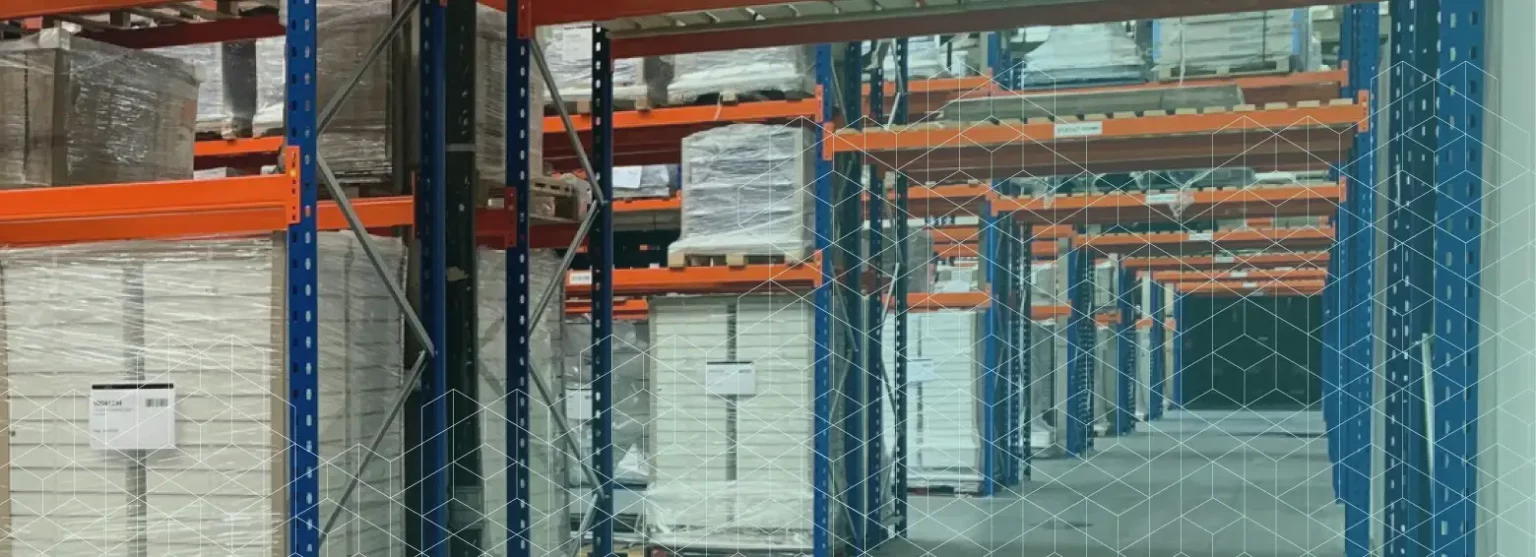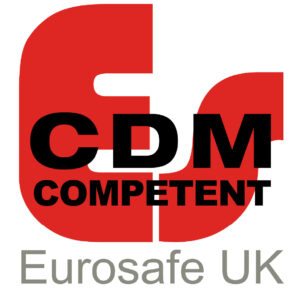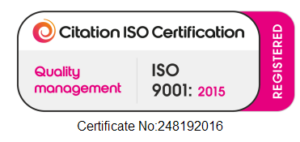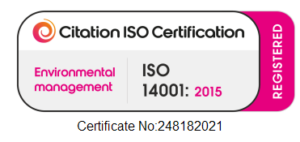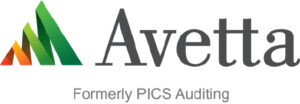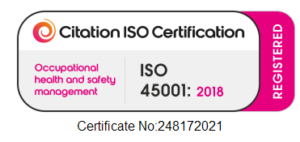Matt Perry
matt.perry@nuttall.co.uk - consolidation
Completing a successful high-volume rollout of store fitouts is no easy feat. To organise and deliver on such a project requires excellent time management, budget control and communication skills.
However, if a customer were to say anything about project delivery, complications can arise with the involvement of third parties.
One major complication for a number of retailers is that they do not own dedicated storage for retail fixtures and displays, preferring to order as and when it is needed for store fitouts. This is to avoid the need to hold excess stock of fixtures and displays that could get damaged or lost.
So, in today’s age of store fitting and construction, is stockholding still necessary?
Why do retailers not like stockholding their fixtures and displays?
There are many interlocking steps to completing a successful retail project. From initial briefing and the design stage, to the manufacture and delivery of the finalised fixtures and displays to the stores, customers will want the project flow to stay steady and controlled, and ultimately fits the needs of their retail stores.
With this in mind, the project team will prioritise flexibility throughout a project lifecycle. It must be expected that some projects will throw a few curveballs – store launches get delayed, labour can become unavailable, materials can go out of stock and branding can change. To maintain project flow, customers may opt for a fluid approach to manufacture. They will get the fixtures and displays made as and when it is needed, rather than made in bulk and held in stock.
Excess stock can feel like a blockage in the project pipeline. If too much is made too quickly, especially when store plans change or get delayed, holding onto that stock can become costly. Warehousing is a huge expense, not just for renting the space itself, but also ensuring that the space is in optimal condition to hold stock without it deteriorating. If such stock does get damaged, not only will customers have paid to hold excess fixtures and displays, but they will have to pay to get it remade, putting a lot of their allocated budget to waste.
It is understandable why customers would be anti-stockholding, but they may be missing a trick. Not only does proper stockholding not eat at budget, it can actually save money in the long run.
How does stockholding help with budget?
The immediate concern customers have regarding stockholding is that you need to commit a significant amount of yearly budget up front, budget that you may be hesitant to invest and no longer have access to. However, the volatility in pricing currently affecting the global market for raw materials and energy has increased the appeal of stockholding.
Securing a fixed cost of materials in bulk removes the possibility that you will ever have to pay more for the same product. It gives quantifiable, measurable numbers to present to stakeholders, so there is no need to rely on unstable forecasting. If you are purchasing fixtures and displays for a long-term store fitout, you also completely avoid inevitable inflation in costs for the next year.
How does stockholding help with time management?
The execution of a project to the correct timeline requires meticulous organisation. Customers will seek simplified, frictionless solutions to ensure fluid movement through the different stages, avoiding messy handovers and reliance on too many third parties.
This is where consolidation of product really emerges as key to staying on track for an on-time full install. Having ready-made product stored in bulk at centralised locations removes complexity in the logistics process. Manufacturers and installers can easily harmonise their work, and project managers have the luxury of controlling roll-out, knowing that a lack of stock will not be an issue.
Stockholding gives retailers a greater sense of control when trying to coordinate multiple store rollouts. We understand the anxieties of bulk-ordering stock in case of project changes or overinvestment. This is why we developed PRISM, to ensure that the design, manufacture and installation of fixtures and displays is holistically planned, end-to-end. As part of our offering, we are able to offer full warehousing capacity to clients looking to consolidate both Nuttall-made and third-party stock in one centralised hub, with our warehouse facilities recently expanded for our clients’ needs. You can learn more about our process, PRISM, here, or request a callback from one of our experts.

